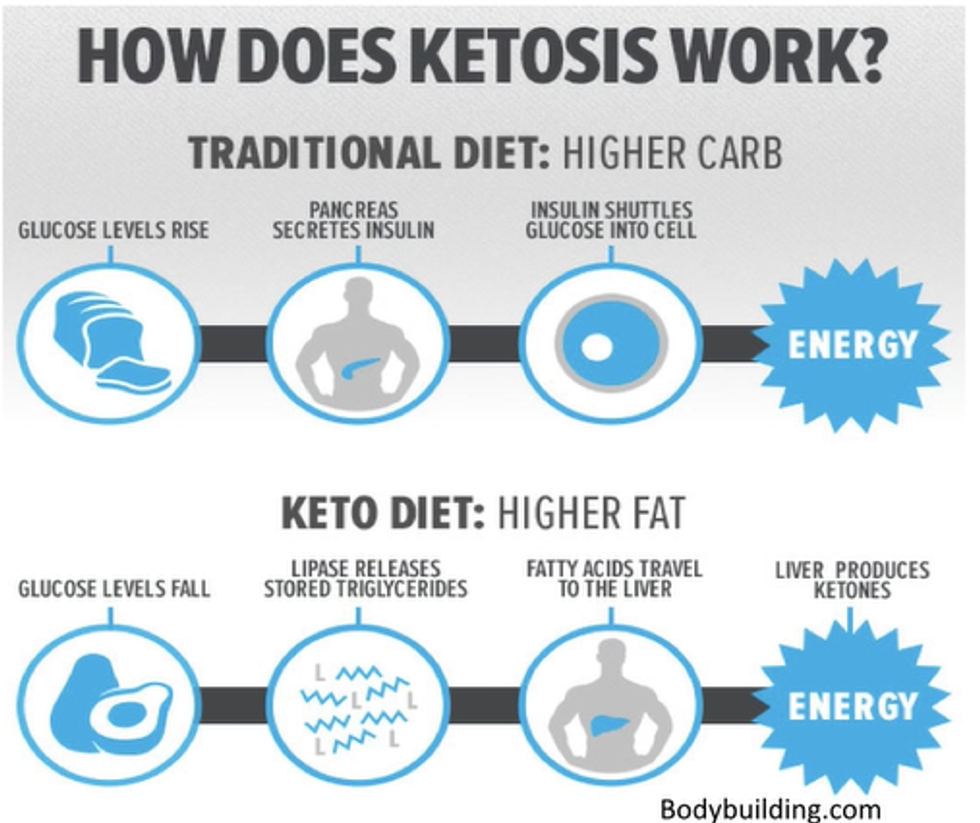If you struggle with willpower and beat yourself up about it, this may be for you. How to hack your brain using food and science - making eating healthy and exercising E-Z. Below is a video copying the classic Stanford Marshmallow Test and its fucking adorable.
The sad thing is that the original marshmallow test didn't stop there. They followed these kids around throughout life and made some shocking discoveries.
"In follow-up studies, the researchers found that children who were able to wait longer for the preferred rewards tended to have better life outcomes, as measured by SAT scores,[2] educational attainment,[3] body mass index (BMI),[4] and other life measures[5]."
So you can see why willpower is important for health and success but what the hell do we do about it. Enter the new science of giving yourself some fucking slack.
What is Willpower?
For most people willpower is a pretty vague concept, but we do know quite a bit about it. Willpower is finite. We know where in the brain willpower is controlled, prefrontal cortex. And we know that brain activity is mostly electrical that we can measure with an EEG. Now knowing this means there are a few ways to hack willpower. We can increase energy to the prefrontal cortex and have systems in place for when that energy in the willpower tank is depleted.
"Something to fall back on, you could profit with, but still supported me when I did the opposite." K. West
Eat the Donut
You can see this in your own office whenever someone brings in donuts. Every decision you make to "not eat the donut" takes energy in your brain (i.e. willpower). If you place donuts on your table at work and resist eating them, you are actually making hundreds of these decisions to not eat them - slowly depleting the energy in different parts of your brain. (Check out the haunting reality of Decision Fatigue with judges determining parole - turns out there's a strong correlation to the time of day the decision is made on whether or not you are set free)
Once your willpower is gone, you revert back to fight or flight mode, piloted by your amygdala which is an older part of the brain that requires less calories to operate. If you keep making the decision to not eat the donut eventually you will unconsciously indulge in the donut and then it's pretty common to hate yourself for not being "strong enough". But don't worry, its not your fault...
1) Increasing Willpower From Food. Eat more calories.
Since willpower is energy in the brain, if we increase energy to the brain we can increase willpower. Willpower thus requires calories. One solution is to eat more! If you are restricting calories you won't have mental energy to resist cravings. This is why most calorically limiting diets don't work. Restricting calories is very different than a caloric deficit. A caloric deficit means you excrete more calories than you take in. Caloric restricting is limiting the amount of calories you consume in a day.
Most people do this by counting the calories they consume and then using a Fitbit or some exercise calculator to find out how many calories they burned that day. The problem, this is a very inaccurate measure of how many calories you burn. It doesn't tell you the type of calorie you are burning (glucose vs. ketone)
For example, if you are in ketosis, you are getting your energy from fat. While in ketosis, excess ketones (calories) are excreted thru your urine, breath, etc. instead of storing them as fat. So unless you're measuring the amount of calories in your blood, sweat, and tears...literally...AND all the calories you burned thinking, you do not have an accurate idea of how many calories your burning.
Think about how tired you are after a day of all day cramming for a test...you are exhausted even though your Fitbit say zero steps. You brain burns calories. There is not a great way to track "calories out" yet. Calories in/calories out if you're counting using a fit bit, or heart rate is just plain inaccurate. What kind of calories are you burning? All this is important if you are actually counting calories. I'm lazy I don't want to do that shit. Instead, I eat mostly ketones and don't worry about calories since science and anecdotal evidence shows me I don't gain weight eating excess calories.
This is where people get confused. If you are NOT keto-adapted and you eat excess calories in the form carbs, fat, and proteins, those calories CAN be stored as fat. Another argument is there are way more electrons in fat(147 electrons) than there are in sugar(36 electrons).
"A molecule of sugar has 36 electrons for you to use in it. A molecule of fat has 147 electrons for you to use in it. You want to kick ass and change the world on Popsicles and fruit juice and for God’s sake, kale? That’s not how it works. Innovation runs on bacon and butter." D. Asprey
Electrons are used in the krebs cycle to create energy. Having excess electrons in your body can be useful for metabolic functions. You can also train yourself to consciously control where electrical activity occurs in the brain by... meditation.
Back to willpower. Since willpower is finite. You also need systems to have your back.
2) Systems
- Turn off hunger hormones. Turn off ghrelin (tells you you are hungry) and turning on leptin (tells you you are full). If you are not hungry, the donut no longer looks like food and its easy to resist. This is how the kids passed the marsmallow test. Instead of seeing the food they reporting thinking of it as a white puffy cloud. You can biologically affect your hunger hormones by eating exogenous ketones.
- Positive social pressure. Find a diet cult or a partner to journey on your anti-donut crusade. If you tell people, "I am giving up donuts!" You will be more likely to not eat the donut when people are around. Your brain tends to care about social relationships first and foremost. Use shame on your side. Be careful with this one, shame is extremely powerful and it could force you to indulge in donuts when no one is looking...this is the hallmark of addiction.
- Barriers . Put barriers between you and the foods you are trying to avoid. Instead of denying yourself of donuts, just make it harder to get access to donuts. Only buy healthy foods when you are stocking up for the week but tell yourself that whenever you want a treat, all you have to do is go out on a seperate trip to get it. You'd be suprised how being lazy can actually make you eat healthier.
Hope that helps. Also I am currently being certified as a Bulletproof Coach. So if any of this interests you and would like free consultations or just have questions. Give me a shout.
-Dylan
References
2. Mischel, Walter; Shoda, Yuichi; Rodriguzez, Monica L. (1989). "Delay of gratification in children.". Science. 244: 933–938. doi:10.1126/science.2658056.
3. Ayduk, Ozlem N.; Mendoa-Denton, Rodolfo; Mischel, Walter; Downey, Geraldine; Peake, Philip K.; Rodriguez, Monica L. (2000). "Regulating the interpersonal self: Strategic self-regulation for coping with rejection sensitivity". Journal of Personality and Social Psychology. 79 (5): 776–792. doi:10.1037/0022-3514.79.5.776. PMID 11079241.
4. Schlam, Tanya R.; Wilson, Nicole L.; Shoda, Yuichi; Mischel, Walter; Ayduk, Ozlem (2013). "Preschoolers' delay of gratification predicts their body mass 30 years later". The Journal of Pediatrics. 162: 90–93. doi:10.1016/j.jpeds.2012.06.049. PMC3504645. PMID 22906511.
5. Shoda, Yuichi; Mischel, Walter; Peake, Philip K. (1990). "Predicting Adolescent Cognitive and Self-Regulatory Competencies from Preschool Delay of Gratification: Identifying Diagnostic Conditions". Developmental Psychology. 26 (6): 978–986. doi:10.1037/0012-1649.26.6.978. Archived from the original (PDF) on October 4, 2011.























